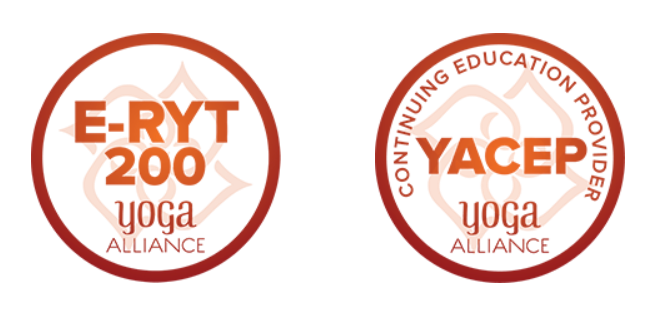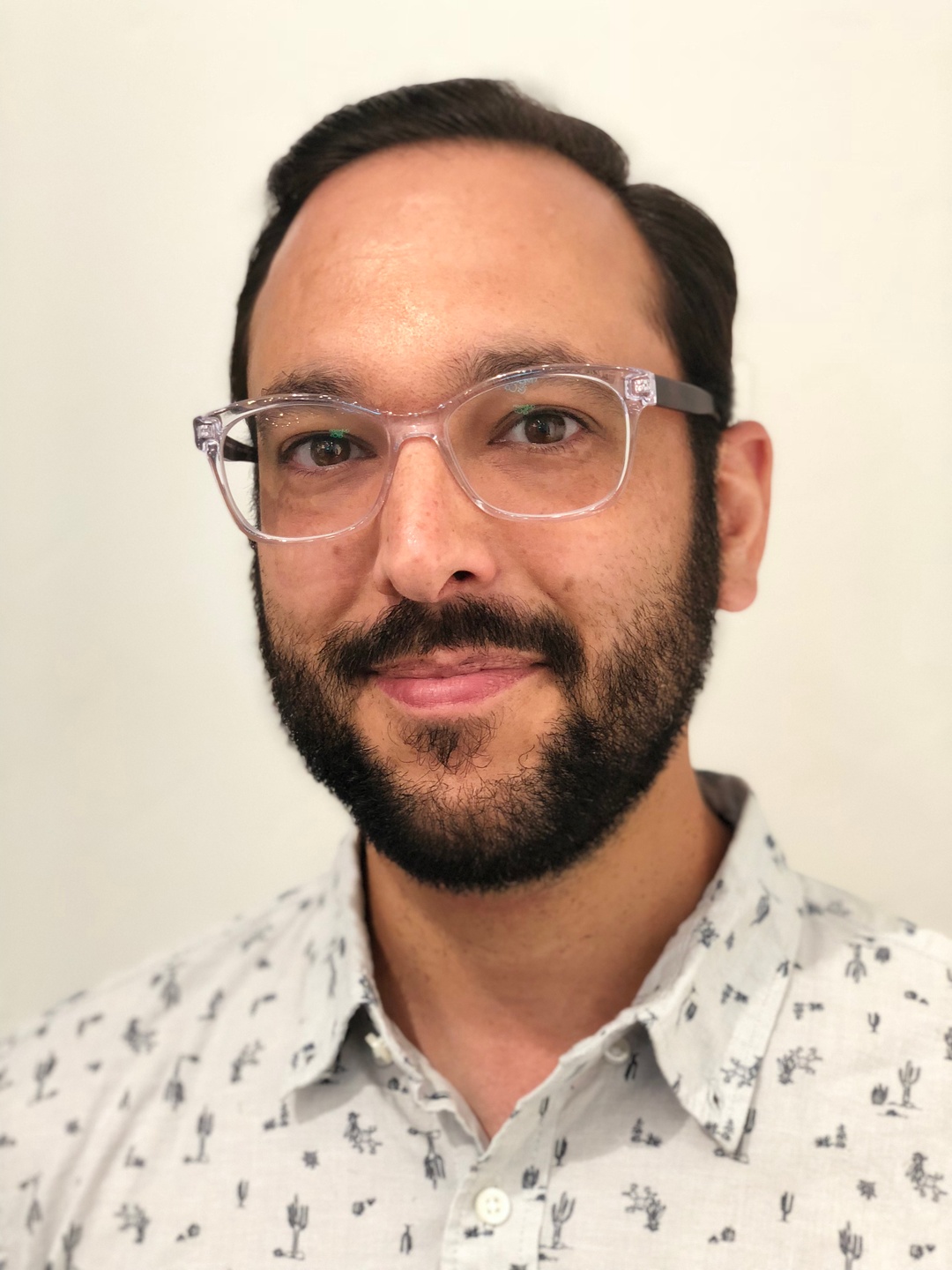
Course Description
This online course is designed to give students an understanding of the development of modern yoga in the West in areas including the United States and England, Europe and Australia, Latin America, Russia, and Japan. Students will encounter large-scale historical narratives and key figures in the development of modern yoga in the West, while also engaging with lesser-known characters and fascinating case studies.
While we will move chronologically from the turn-of-the-century to the Second World War, and then through the Counterculture and New Age movement to yoga’s recent boom in popularity, we will also have an eye towards several running themes throughout this history such as modern yoga’s use of medical science, the role of media and technology in the spread of modern yoga, questions of cultural appropriation and consumer culture, scandal and critiques of yoga, the influence of colonialism and geopolitics, and the changing nature of the guru/student model. We will conclude with a look at the current state of modern yoga in the West as well as several key issues and ongoing controversies.

Course Modules
Module 1 — Coming to Terms with Modern Yoga in the West
Module 2 — Mental and Magical: The Early History of Modern Yoga in the West
Module 3 — Physical and Postural: The Recent History of Modern Yoga in the West
Module 4 — Current Trends and Future Issues
Students Will Receive:
- 4 Pre-recorded Video + Audio lectures (90 min)
- 4 Pre-recorded Q&A sessions (90 min)
- 4 YS Credits
- 12 Hours of CE credit with YA
- Course Syllabus (PDF)
- Weekly Readings (PDF)
- 4 Multiple Choice Quizzes
- Yogic Studies Certificate (PDF)
- Access to the private Community Forum
Philip Deslippe
PhD Candidate, University of California, Santa Barbara
Philip Deslippe is a historian of American religion with a background in Asian American Studies, American Studies, and literature. He is currently a doctoral candidate in the Department of Religious Studies at the University of California, Santa Barbara where he is writing a dissertation on the early history of yoga in the United States.
Philip has published articles on the history of modern yoga in academic journals such as the Journal of Yoga Studies, Amerasia, Japanese Religions, and Sikh Formations, and in popular venues including Tricycle, Yoga Journal, Air and Space Smithsonian, and the Indian news site Scroll. He has presented his work at several dozen academic conferences, given guest lectures for courses at Stanford, UCLA, Duke, and UC Santa Barbara, and was a lecturer for the teacher training program at Avalon Yoga in Palo Alto, California for over five years. His writing has been translated into Japanese, Polish, Portuguese, Romanian, Russian, and Turkish.
This course is eligible for 12 hours of Continued Education (CE) credits with Yoga Alliance

Stay Informed
Sign up for the Yogic Studies mailing list to find out first about upcoming courses, podcast episodes, promotions, events, and the latest research delivered straight to your inbox.


